for the SkillsLab of the University of Freiburg’s Faculty of Medicine (StudiTZ)
Why a new ultrasound device?
The simple ultrasound examination has made a great leap forward in the past years thanks to developments in computer technology. Of particular significance are the various methods of Doppler ultrasonography, which are today an integral part of ultrasound examinations. They can be used to represent blood flow through organs and tissues both acoustically and optically in the form of curves or color images.
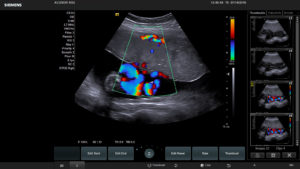
Foto:© Siemens Healthcare GmbH
In color-coded Doppler ultrasonography, the direction of blood flow is shown in red or blue colors. This allows doctors to determine the presence and extent of circulatory or functional disturbances – for instance in the heart muscle or the heart valve.
The student training center StudiTZ is equipped with two older ultrasound devices. The first was donated by Alumni Freiburg e.V. upon the founding of the SkillsLab ten years ago. A new, state-of-the-art ultrasound system takes the training closer to the optimal clinical standards and helps StudiTZ to reach more students, because the demand is now many times greater than it was with the previous resources.
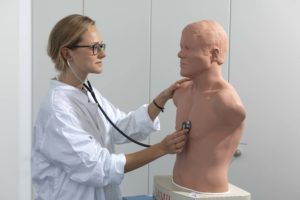
Foto:Jürgen Gocke
StudiTZ
The student training center StudiTZ has been in operation for ten years at the University of Freiburg’s Faculty of Medicine. Its “SkillsLab” gives medical students the chance to practice basic skills on medical simulation models, with support from a medical director, a coordinator, and 15 student tutors. Practical action and emotional learning are the goals; achieving them requires repeated practice.
In addition to independent practice, the SkillsLab offers a wide range of courses. These courses are taught and supervised by student tutors or, where necessary, by experienced doctors. They provide a pleasant learning atmosphere in which students can ask questions at eye level.
Resuscitation, catheter insertion, the drawing of blood, surgical stitching, professional ultrasonic imaging, and patient-friendly consultation are all skills that cannot be mastered by reading a textbook.
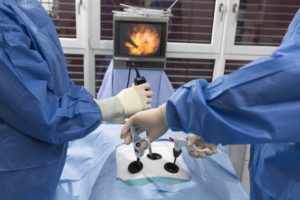
Foto:Jürgen Gocke
Only with the help of financial support can StudiTZ offer students independent practice six days a week and expert feedback in numerous courses. This support is important, because only well-trained doctors can ensure the best possible medical care.
Practice rooms
StudiTZ is located in the teaching building of the University of Freiburg’s Faculty of Medicine on Elsässer Straße. Here students can practice independently in practice rooms dedicated to specific techniques six days a week or participate in courses. In addition, StudiTZ holds special events throughout the academic year, including a “skills night” in which patient cases are simulated, diagnosed, treated, and discussed from 9 p.m. to 3 a.m.
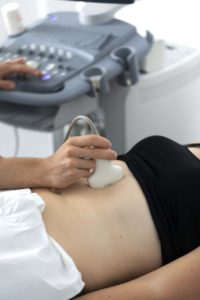
Foto:Jürgen Gocke
Ultrasound training
The difference between a mediocre and an excellent ultrasound image is often the matter of a small movement of the hand or the patient. This “detail” can’t be taught in a large group or in a lecture but only through immediate contact with the equipment.
The training in ultrasound examination (sonography) at StudiTZ focuses particularly on common and practical applications. This includes abdominal sonography (the abdominal organs), echocardiograpy (the heart), tissue Doppler imaging (tissues), and obstetric sonography (position, size, and development of the unborn baby). An ideal monitoring should include all relevant variables, make them quick and easy to interpret, and provide a high amount of clinical information.
The students receive precise instructions for each organ and immediate feedback. The images of the organs are documented and then – in accordance with the guidelines of South Baden’s association of statutory health insurance physicians – subjected to a joint quality control.
